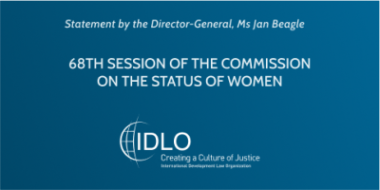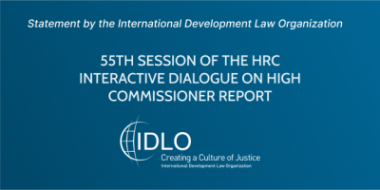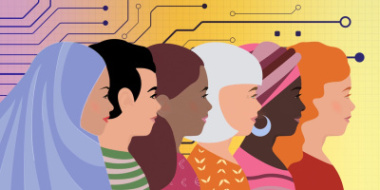Protecting Women's Rights in Kenya
Kenya finds itself at an opportune moment to advance gender equality. The country’s new constitution, adopted in 2010, expanded the Bill of Rights including for the first time provisions on economic, social and cultural rights.















